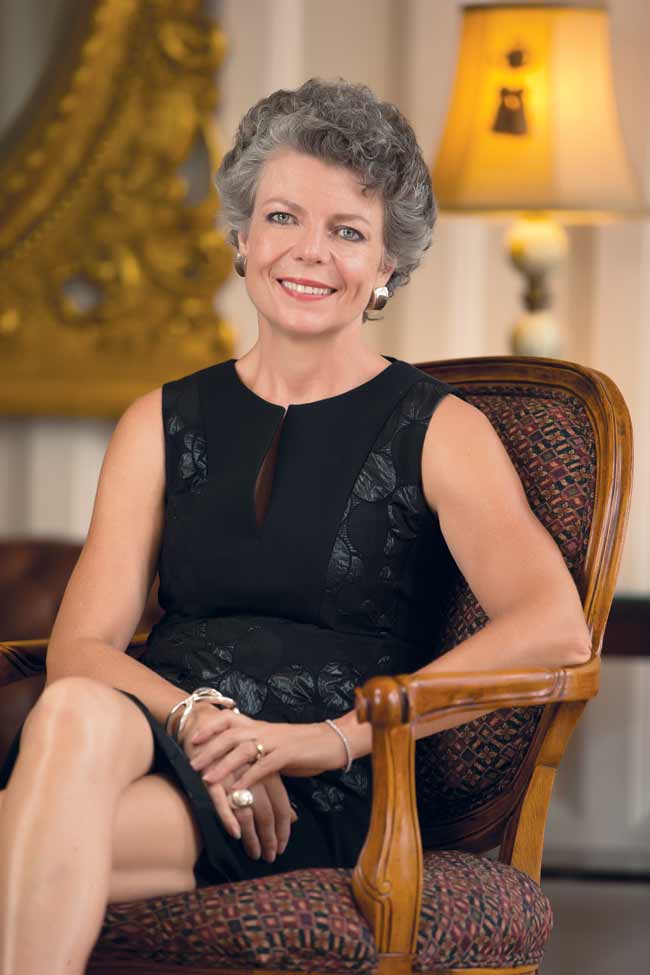
Those of us who teach for, study in, or are alumni of Peabody College all know that the heart of the college’s mission is to improve human flourishing. The Peabody community believes in the potential of all people.
Accordingly, we commit to helping others achieve lives made richer through acquiring knowledge, developing skills and participating fully in the myriad organizations, associations and communities that constitute our rich social fabric.
This principle of flourishing animates the research and outreach efforts of faculty members like Cornelius Vanderbilt Professor Erik Carter, who advances Peabody’s work to assist young adults with learning differences or intellectual or developmental disabilities as they transition to independent life and work.
Carter’s leadership of state-supported and private, faith-based efforts to promote employment and enhance services is inspiring.
Working with younger children, Professor M.L. Hemmeter has led nationally in developing and testing the Pyramid Model—a means of helping children build social and emotional competence in settings like Head Start and district pre-K classrooms. Metropolitan Nashville Public Schools’ Cambridge Early Learning Center is just one representative beneficiary.
The model, which Professor Erin Barton also helps to disseminate, is helping children from birth to kindergarten make a good beginning on their learning journeys.
“Whether through advocacy, research, new educational interventions, or through close scientific observation, Peabody continues to make important contributions to the human project.”
James R. Booth is one of our newer faculty members and holds the Patricia and Rodes Hart Chair in Educational Neuroscience. Since coming to Peabody in 2017, he has strengthened our investigations into how the brain helps learners acquire language skills, reading abilities and math knowledge. The breadth of Professor Booth’s lines of inquiry is quite remarkable. This work holds enormous potential for the entire educational field.
Readers may also enjoy a look back at Peabody’s Knapp Farm, an early experiment in educating farmers about sustainable practices in agriculture. Yes, we really did that!
Whether through advocacy, research, new educational interventions, or through close scientific observation, Peabody continues to make important contributions to the human project. I am grateful for your interest and encouragement along the way.
Camilla Persson Benbow
Patricia and Rodes Hart Dean of Education and Human Development